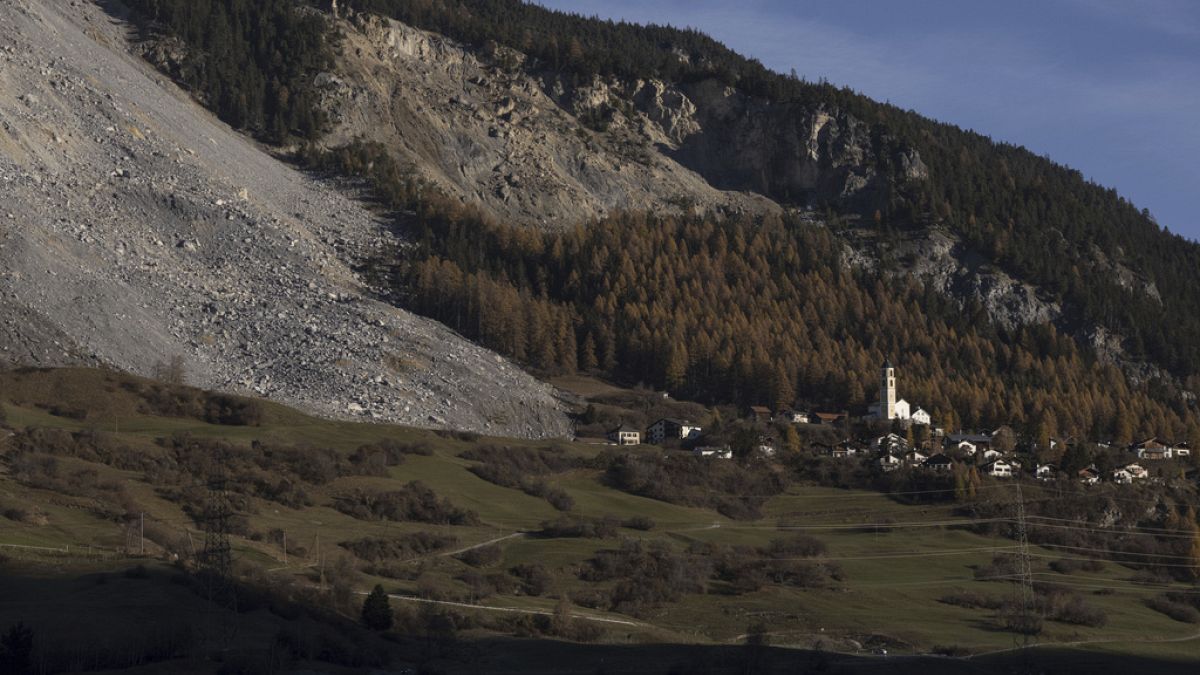The national body for kura kaupapa Māori, Te Rūnanga Nui o Ngā Kura Kaupapa Māori o Aotearoa (Te Rūnanga Nui), say Education Minister Erica Stanford’s decision to cut $30 million from Te Ahu o te Reo Māori, a reo Māori initiative that aims to improve te reo Māori proficiency, acquisition and use across the education sector, is disappointing but not surprising.
Rawiri Wright, co-chair of Te Rūnanga Nui, said as one of the providers of the programme it was a painful decision, but they will persevere. They were not surprised.
“Kei te ora tonu mātou, ka ātete tonu, ka whawhai tonu, ka whakaako tonu i tō tātou reo ki te hunga e hiahia ana.
(We’re still alive, we will continue to resist, to fight, to teach our language to those who want to learn)
“E tika ana kia tautokona mai e te kāwanatanga me tētahi pūtea tautoko, heoi anō, kei te āta mātakitaki mātou ka ahatia rātou me tērā toru tekau miriona tāra.”
(It’s appropriate for the government to support this endeavour with funding, but we will carefully monitor where they will put that $30 million towards instead)
Stanford said the $30 million taken from Te Ahu o te Reo Māori initiative will fund new maths resources and support for teachers.
“We’ve been very clear that this was a contract that was not delivering,” she said today.
“Forty per cent of the participants weren’t completing the course, and as a steward of the $20 billion that we spend in education, it’s my responsibility to make sure that we’re contracting really well, and I’m asking teachers next year for a focus on mathematics while we look at what we can do around professional learning development for te reo Māori.
“But we are committed to making sure we continue that professional learning development for our kaiako in rūmaki and also kura kaupapa.”
The minister said there was no evidence the programme directly impacted students and their achievement, an assertion Te Rūnanga Nui rejects.
Wright said they have yet to read the full report that informed the minister’s decision, and while they can’t speak for other providers, they have seen their students achieve.
Hayley May, principal of Christchurch-based Te Kura Kaupapa Māori o Te Whānau Tahi, said their school has gained significantly from Te Ahu o te Reo Māori.
“Nā ērā hōtaka e whakahaere ana Te Rūnanga Nui, kua whai pānga ngā kaimahi, ka tahi. Ka rua, ko ngā whānau, rātou o tō mātou kura o nāianei tonu, rātou hoki o ngā kōhanga reo. Nā reira, nā te aukati, kei te āwanga au: ka pēwhea rātou e whai tonu tēnei huarahi, te whakapakari i tō rātou reo?”
(The programmes run by Te Rūnanga Nui meant our staff have improved, firstly. But also our whānau, those currently at our kura, and those of local kōhanga reo, too. So, now that funding has been cut, I’m concerned: how will they continue on this path of learning and improving their reo?)
She said courses run by the likes of Te Wānanga o Aotearoa are excellent, but their popularity means it can be hard to get a spot.
Phil Heeney, pou matua mō ngā wharekura at Te Rūnanga Nui, said it will take time for the full impact of Te Ahu o te Reo programme to reveal itself.
“Ko te mea e mōhio ana ahau, kei te pakari haere ngā kaiako, kei te pakari haere hoki ētahi o ngā mātua, ngā whānau, nā, koirā ngā mea e rua kei te tautoko te ako o te tamaiti.”
(What I do know is that teachers are improving, as are parents and whānau. Now, those two things help support a child’s learning)
Kura kaupapa Māori teach the national curriculum in an immersive te reo Māori environment, and subjects include Pāngarau (mathematics), Tikanga-ā-Iwi (social studies), Hauora (health) as well as Te Reo Māori. Unlike mainstream schools, prioritising a subject over teaching the language isn’t an option, nor should it be, said Heeney, a former pāngarau and pūtaiao (science) teacher himself.
“E hiahia ana mātou i roto i ngā kura kaupapa Māori kia piki, kia pai ake ngā māka…ngā hua mō te pāngarau, engari kāore mātou e hiahia kia heke te pakari o te reo hei utu mō te pāngarau.”
(In kura kaupapa Māori we want to see marks improve in mathematics, but not at the cost of the advancement and development of te reo Māori)
Wright said Te Rūnanga Nui has been in communication with the minister.
“Kei te pai ā mātou kōrero ki a ia i tēnei wā – me pērā tonu te pai. Engari me whakarite aua hui, me noho tahi, me kōrero hāngai, me kōrero pono tātou ki a tātou.”
(Our discussions with her are good at this stage – that’s how it should be. But those hui need to be scheduled, we need to sit down together, focus on the issues, and be honest with each other)
But ultimately, the government isn’t where we should be looking for solutions, said Wright.
“Kei a mātou kē [te rongoā]. Ko te wahanga ki a rātou ko te tautoko, nā reira, koia.”
(We have the solutions. Their role is to support, that’s it)
Glossary
kura kaupapa Māori – Māori immersion primary school, in some cases, includes wharekura
Te Ahu o te Reo Māori – a reo Māori initiative that aims to improve te reo Māori proficiency, acquisition and use across the education sector
rūmaki – Māori immersion class or school
kura – school
kōhanga reo – Māori immersion early-childhood
reo – language, voice
wharekura – Māori immersion secondary school
pou matua mō ngā wharekura – lead for wharekura
pāngarau – mathematics
tikanga-ā-iwi – social studies
hauora – health
pūtaiao – science











